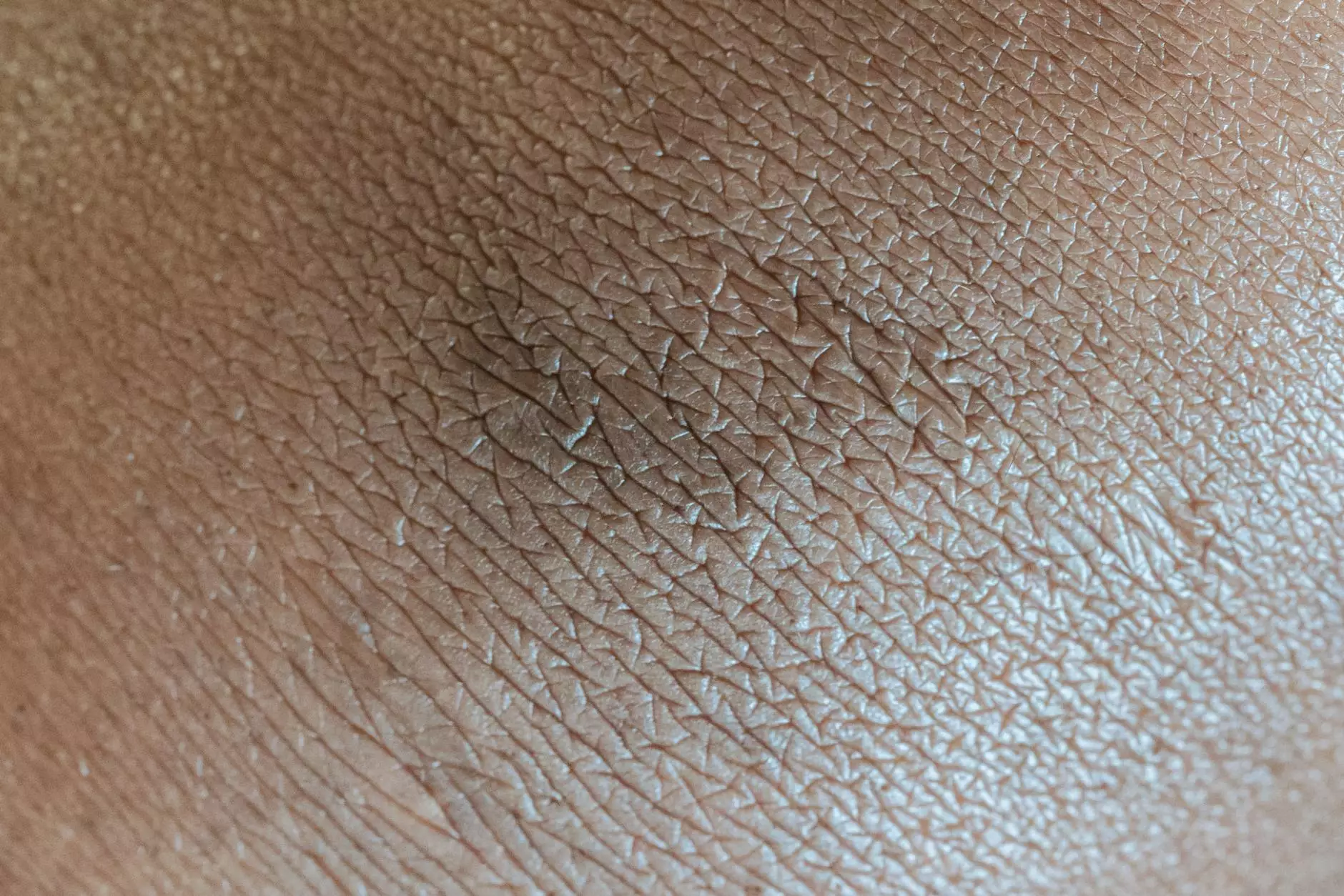Lupus Erythematosus in Matthews, NC - Charlotte
Services
Understanding Lupus Erythematosus: Symptoms, Causes, Diagnosis, and Treatment
Welcome to the Greater Carolinas Women's Center page dedicated to providing valuable information on Lupus Erythematosus in Matthews, NC - Charlotte. Lupus erythematosus, commonly referred to as lupus, is a chronic autoimmune disease that affects millions of individuals worldwide. Throughout this page, we aim to provide comprehensive insights into the symptoms, causes, diagnosis, and treatment options available for lupus.
What is Lupus Erythematosus?
Lupus Erythematosus is a systemic autoimmune disease in which the immune system mistakenly attacks healthy tissues in various parts of the body. This can result in inflammation, damage to organs, and a range of symptoms that can significantly impact a patient's quality of life.
Lupus Erythematosus Symptoms
The symptoms of lupus erythematosus can vary widely depending on the individual and the organs affected. Some common symptoms include:
- Extreme fatigue and weakness
- Joint pain and swelling
- Fever
- Butterfly-shaped rash on the face
- Skin lesions triggered by sunlight
- Shortness of breath
- Chest pain
- Headaches and migraines
- Mental fogginess and memory problems
- Organ complications (kidney, heart, lungs)
Causes of Lupus Erythematosus
The exact causes of lupus erythematosus are not fully understood. However, research suggests that a combination of genetic, environmental, and hormonal factors may contribute to its development. Some possible triggers include:
- Genetic predisposition
- Hormonal imbalances
- Excessive sun exposure
- Infections
- Certain medications
- Smoking
- Stress and emotional trauma
Diagnosing Lupus Erythematosus
Diagnosing lupus erythematosus can be challenging as it shares symptoms with other diseases. To accurately diagnose lupus, healthcare providers typically rely on a combination of the following:
- Medical history and physical examination
- Blood tests to detect specific antibodies
- Biopsies of affected tissues
Treatment Options for Lupus Erythematosus
While there's currently no cure for lupus erythematosus, there are various treatment approaches available to help manage symptoms and control disease activity. Treatment options may include:
- Nonsteroidal anti-inflammatory drugs (NSAIDs)
- Corticosteroids to reduce inflammation
- Immunosuppressant medications
- Antimalarial drugs
- Physical therapy to alleviate joint pain and improve mobility
- Regular monitoring and follow-up with healthcare professionals
Living with Lupus Erythematosus
A diagnosis of lupus can be overwhelming, but with proper management and support, individuals can lead fulfilling lives. It's essential to adopt a healthy lifestyle, including regular exercise, a balanced diet, and stress management techniques. Support groups and counseling can also provide emotional support and coping strategies for living with the disease.
Contact Greater Carolinas Women's Center
If you or a loved one in Matthews, NC - Charlotte are seeking further information or professional guidance regarding lupus erythematosus, please contact the Greater Carolinas Women's Center. Our experienced healthcare team is dedicated to providing comprehensive care and support for individuals affected by lupus.
Disclaimer: The information provided on this webpage is for educational purposes only and should not substitute professional medical advice or diagnosis. It's important to consult with a qualified healthcare provider for personalized recommendations and treatment.










